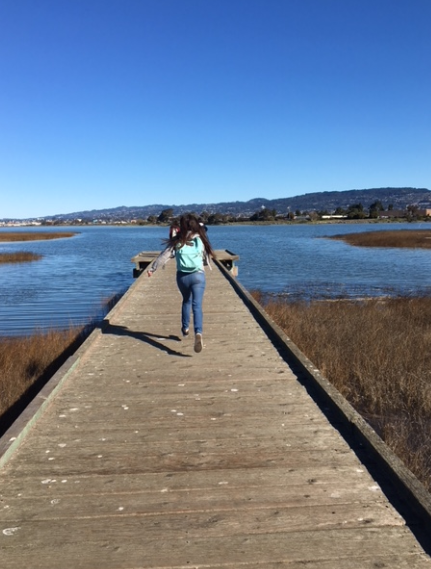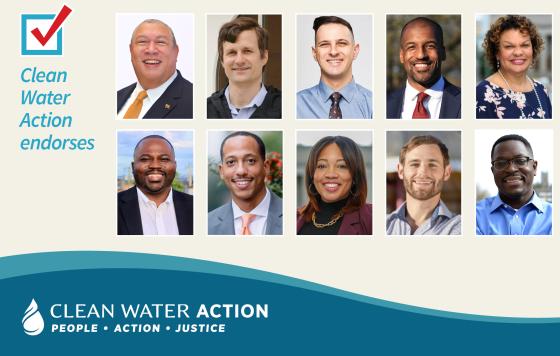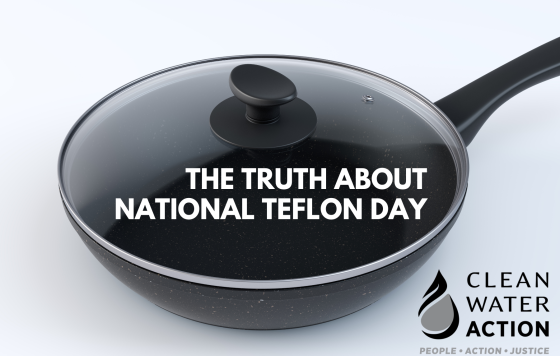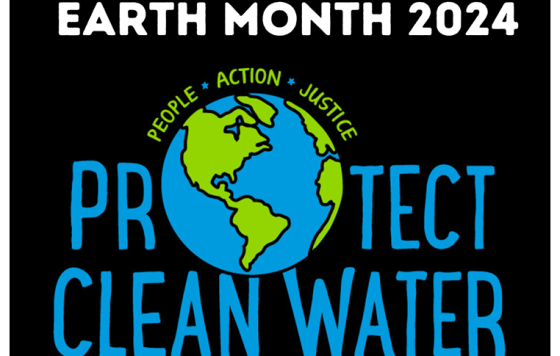
Imagine growing up in a low-income immigrant of color neighborhood that has been subject to disinvestment and neglect. Imagine your neighborhood is also near neighborhoods with extensive wealth and resources and demographics that are nothing like yours. If you grow up in this type of neighborhood you may start thinking that you are not worth being invested in, and that your circumstances say something about your value as a person. Throw in a political environment that signals to you, your family, and neighbors that you are criminals and do not belong in this country, and you can get a taste of what students at Madison Park Academy in the Sobrante Park neighborhood of East Oakland deal with at this time.
While I did not grow up in Sobrante Park, I grew up in a comparable neighborhood, post 9/11, and felt sentiments similar to what students in my class now express. This is my third semester at Madison Park Academy, and I deeply relate to these students’ experiences. Finding power after growing up in these conditions is and will continue to be difficult. My own upbringing fuels my work with youth in Madison Park Academy; I want to empower and uplift the young people I work with to become agents of change in their community and this world. I also want my career to be a testament to what is possible for these students; it is significant that I show up to the class as Clean Water Action California’s Environmental Justice Organizer.
Clean Water Action’s mission statement includes the “empowerment of people to make democracy work.” I cannot think of a better community than Sobrante Park to put this mission into practice. I teach students about environmental problems and solutions, city planning, neighborhood environmental efforts and resources, components of a healthy community, and ways to plug into local government. I want to make sure these students learn about issues and tools that I did not have at my disposal when I was their age. We do this work because we think democracy cannot function if we consistently make the same populations feel that their lives and voice do not matter. Real change happens when we make connections with disenfranchised communities and encourage community members to see themselves as agents of change.



